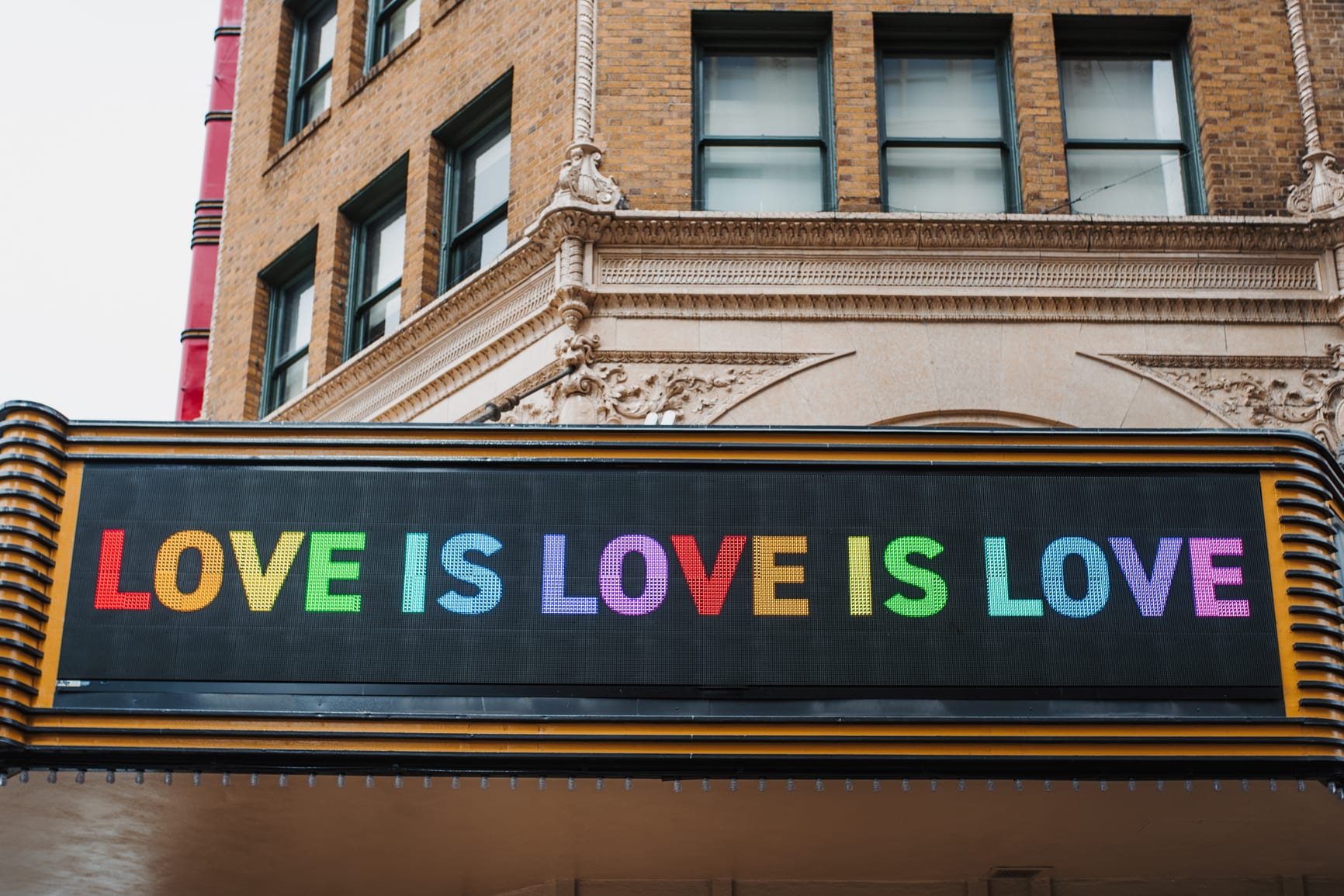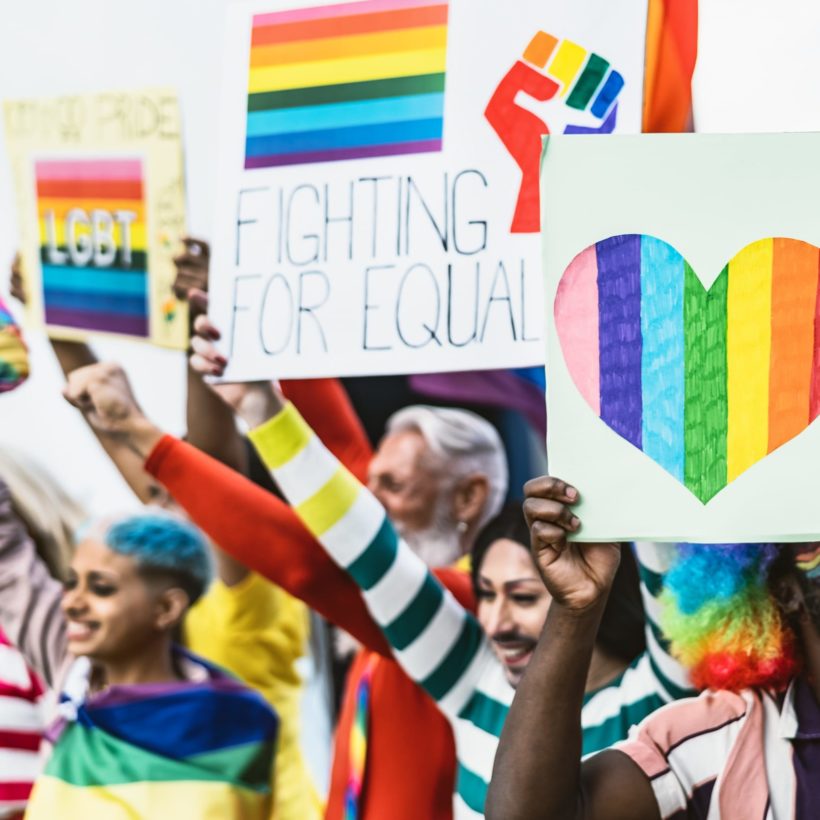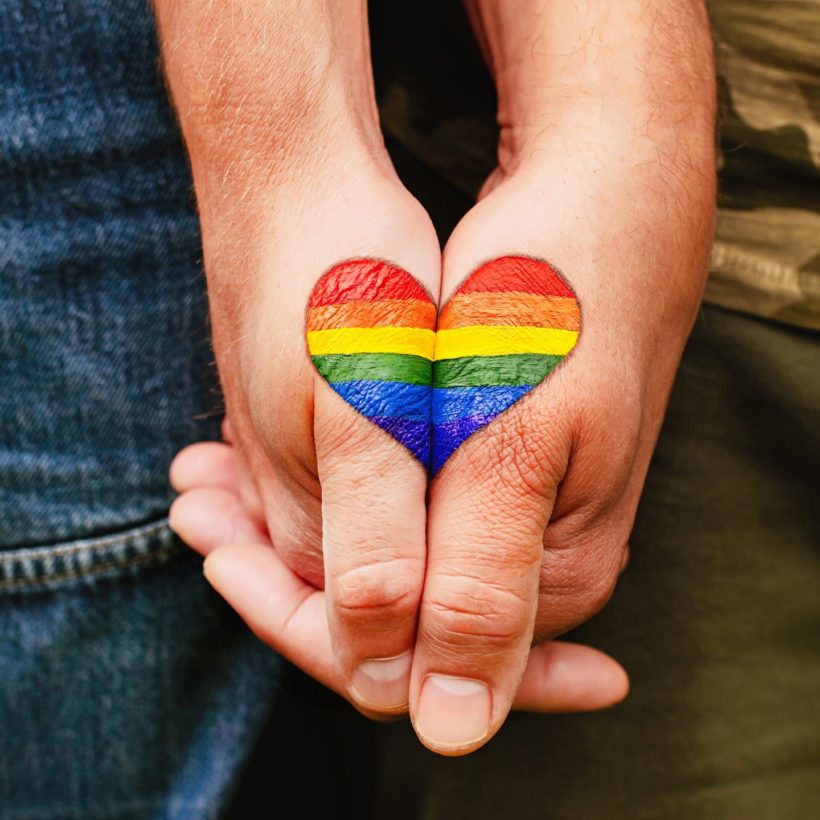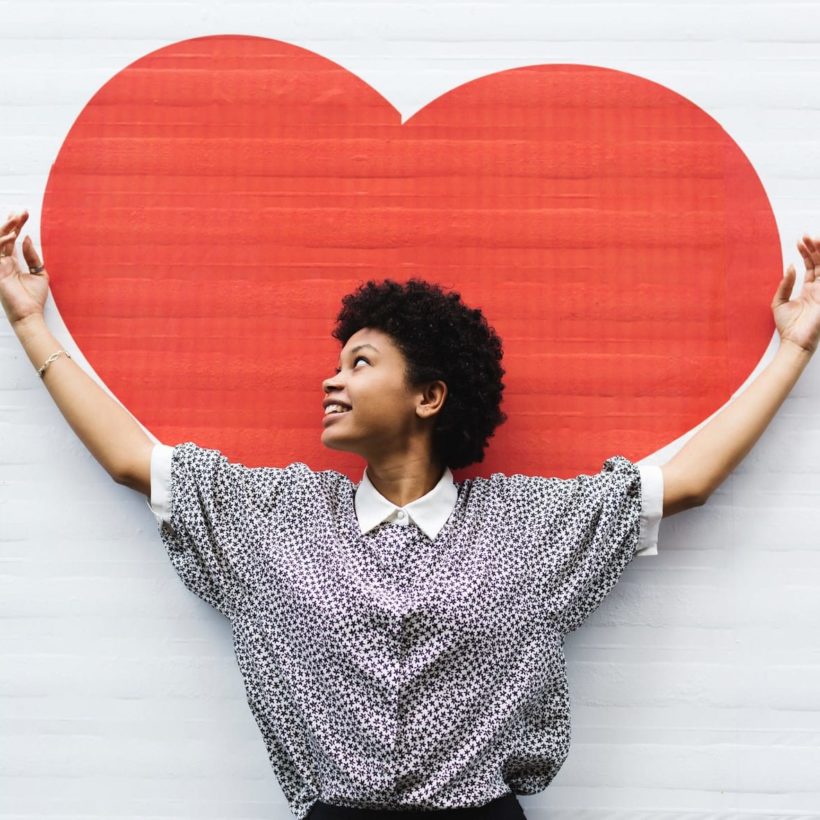Every June, we celebrate the month of Pride: 30 days of honoring, recognizing and celebrating the LGBTQ community. While pausing to honor those who are often misrepresented, misunderstood and often criticized or judged, is important, it’s not enough. Rather than only thinking about the lesbian, gay, transgender and queer during June, we should all be making daily changes to our personal and professional lives to create a more inclusive world. Here, we spoke with LGBTQ executives and leaders on how everyone can be more mindful, conscious, and most importantly: drive fundamental shifts in antedated thinking and behaviors.
Don’t make assumptions about the identities of others.
Throughout our day-to-day interactions, we naturally make assumptions of others based on our unique experiences. This includes the parents who raised us, the zip code we call home, our access to education, and many other factors. However innate this practice may be, it’s never a good idea to conclude anything about anyone, simply from looking at them. As Ben Van Handel, Ph.D., the co-founder and CEO of Heraux, explains, it’s a mistake to make assumptions about the identities of others.
As an example, he recently was getting a haircut when he casually mentioned his partner had been taking care of his hair during the pandemic. “The barber commented that my girlfriend had done a decent job keeping my hair under control,” he continued. “It wasn’t a big deal, but I always ask people to try and take cues from others they are interacting with: I chose the word partner to provide some context.”
Come from a place of curiosity and kindness.
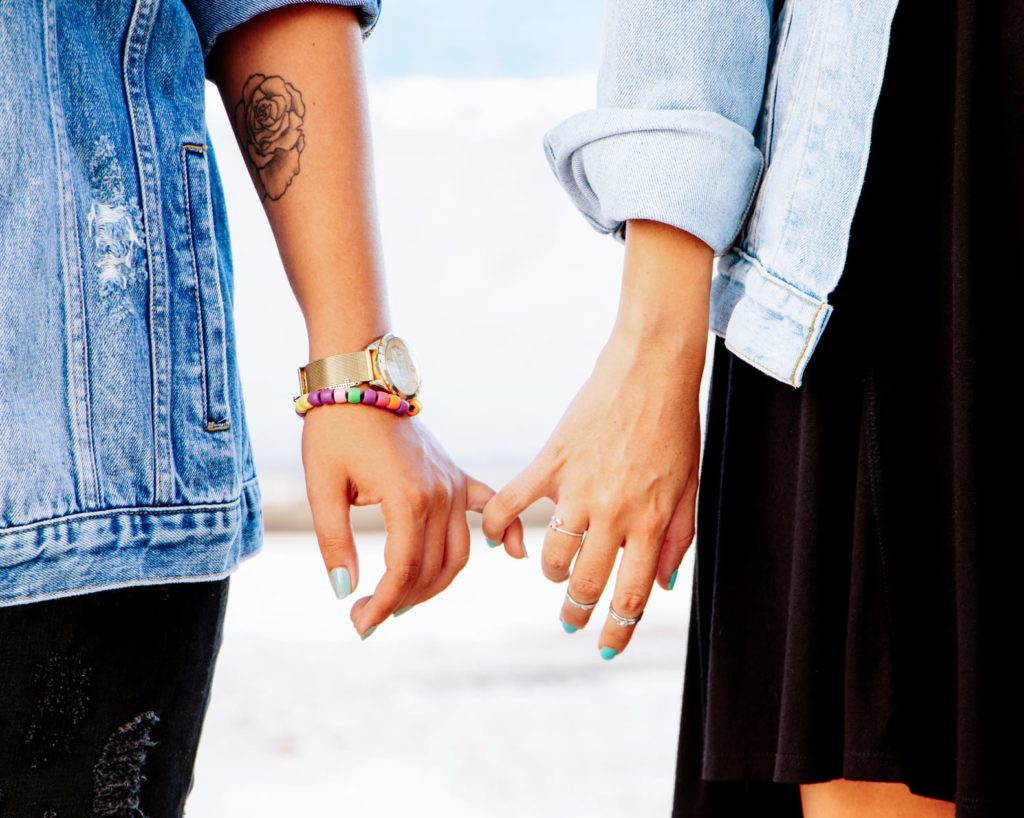
While some growth has come out of ‘cancel culture,’ it has also become so pervasive in society that it’s preventing meaningful conversations from happening, says Patrick Gevas, a board member for Miami Beach Pride. While planning the upcoming month of celebrations, Gevas and other board members held an open, welcoming discussion, where all conversation was allowed and welcomed. This felt like a breath of fresh air since it came from a place of curiosity and kindness, rather than worrying about walking on eggshells.
“We all walked away from the roundtable discussion learning new things and part of what made it so productive was the entire premise that it was a safe place to ask questions, admit ignorance and keep an open mind and heart,” he continues. “So many of us are always willing to share information or perspective from those who genuinely seek it.”
How can you do this the right way? Gevas suggests something as simple as, ‘I’m a little uneducated about [TOPIC] and would love to learn your perspective.’ “This phrase can go such a long way to unpack nearly any query. A genuine interest in an LGBT person’s perspective can illuminate a lot and also make that person feel so much more valued and seen in nearly any scenario,” he added.
Take a few minutes each day to learn about identities.
We all identify a small fraction of who we are as humans, yet sometimes, it becomes the central focus during LGBTQ discussion. That’s why Gevas encourages well-meaning allies to avoid coming from a place ‘Oh, you’re LGBT, so what do you think?’ and more of an ‘I’m interested in your opinion. Hard stop.’
“Being inclusive means taking a genuine interest in someone’s life or identifying a certain trait or skill they excel in or derive joy from and relating on that level just like you would anyone else,” he reminds.
Also, it shouldn’t be fully up to members of the LGBTQ community to provide information on current events, struggles, issues and discussions. That’s why Andrew Glass, the co-founder of Wakse, suggests setting aside a few minutes daily to educate yourself. He says we will be more prepared in conversation to make others feel comfortable and accepted.
In addition to reading content from trusted sources, you can also actively fill your social media with LGBTQ advocates, athletes, and others you admire. “Absorb their messages and be empathetic to issues they might raise,” recommends Amy Russo, a BodyCombat and BodyPump instructor at Les Mills Fitness in New Jersey.
Use the right pronouns — and ask for them.
One of the most straightforward changes to make is via your pronouns. There has been much discussion over the past few years about why saying ‘he’ to a trans person who identifies as a woman (or vice-versa) is harmful. Many companies have started to include preferred pronouns in email signatures, but it should also be a regular part of the conversation. In fact, it will help those within the LGBTQ community feel included and respected, according to Holly Dear, the owner of the Dear Hair Salon and creator of the House of Dear product line. If you’re not sure how someone identifies, ask them.
“When we use our voice and platform to support everyone in who they are and where they are, we can start to achieve an environment of inclusiveness which creates security, support and belonging,” she shares. “My desire is to spread love and understanding for all humans without judgment for anyone and bring strength and support to any person whose rights are not being acknowledged or are being sacrificed out of hate or judgment.”
Be an ally publicly.
As an ally and advocate of the LGBTQ community, your support should never be silent. But that doesn’t mean you have to stand in the middle of a city square, preaching every weekend to drive change. Instead, Russo says to be public and vocal in whatever way that means to you — going to a Pride event or parade, posting something on social media, or speaking up when you hear a homo/trans/biphobic joke or comment.
“Impact means more than intent. You can think about being an ally until you’re blue in the face, but until it’s put into concrete action, especially if you’re someone who is not at risk of danger or adversity because of your identity; they are just thoughts,” she continues. “Your LGBTQ friends and family deserve to see concrete examples of your allyship, and it will massively benefit you too. Who wouldn’t want someone in their life who knows above all things that love is love is love?”
